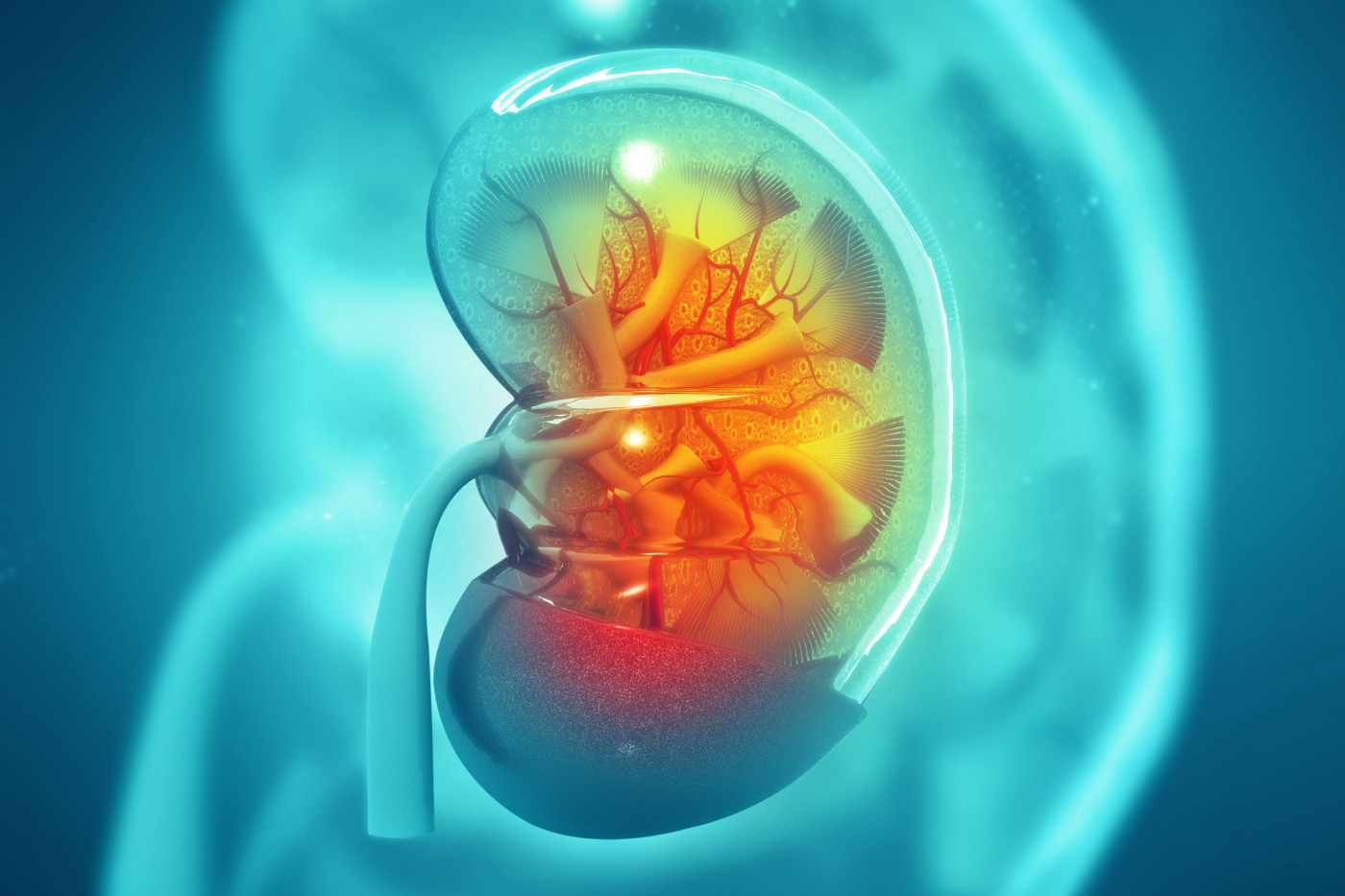Recurrence of Kidney Inflammation a Risk Factor for Kidney Rejection After Transplant, Study Shows

In patients with acute kidney inflammation, also known as glomerulonephritis, recurrence of the disease is a significant factor underlying failed kidney transplants, a study suggests.
The study, “Clinical Outcomes of Kidney Transplantation in Patients With Biopsy-Proven Glomerulonephritis,” was published in the journal Transplantation Proceedings.
Clinical outcomes of patients with end-stage renal disease vary according to the type of condition that causes glomerulonephritis (GN).
In this study, researchers investigated the incidence of recurrent GN, acute rejection — when the organ is rejected due to an immune reaction commonly in the first six months after a transplant — and the risk factors linked to transplant failure in glomerulonephritis patients. Additionally, they analyzed graft and patient survivals according to the GN types.
Out of 1,253 patients who underwent kidney transplants between November 1982 and January 2017, researchers enrolled 183 recipients with biopsy-proven glomerulonephritis as the primary cause of kidney failure.
Participants in the study had seven different types of GN disease: IgA nephropathy (95 patients), focal segmental glomerulosclerosis (47 patients), membranous proliferative GN (14 patients), membranous GN (nine patients), lupus nephritis (eight patients), rapid progressive GN (six patients), and Alport syndrome (four patients).
Most participants, 68.9%, underwent hemodialysis treatment before kidney transplant, and more than 80% took three immunosuppressive medicines.
Patients were followed for a mean period of 8.5 years.
The results showed that 36, or 19.7%, of the 183 patients were diagnosed with recurrent GN, but those with Alport syndrome, lupus nephritis, or rapid progressive glomerulonephritis remained recurrence-free.
Among those whose disease recurred, the transplant failed due to disease recurrence in 20 patients. Patients whose disease reappeared were significantly younger than patients without disease recurrence.
In addition, the rate of kidney transplant failure was significantly higher among patients with recurrent GN than those without it: 55.6% versus 18.4%.
“In our study, compared with recipients with no GN [glomerulonephritis] recurrence, the risk of graft loss was more than 3 times greater in those with recurrence,” they wrote.
In their analysis, researchers identified four independent risk factors underlying graft failure: the recurrence of GN, the number of immune-related triggers differing between the donor and recipient, delayed graft function, and acute rejection.
These findings show that recurrent acute kidney inflammation is a major factor underlying the failure of kidney transplants in end-stage renal disease patients.
“Surveillance of recurrence of primary GN [glomerulonephritis] in the KT [kidney transplant] recipients with biopsy-proven GN may provide opportunity for prevent further allograft dysfunction at early stage of disease,” the study concluded.







Leave a comment
Fill in the required fields to post. Your email address will not be published.